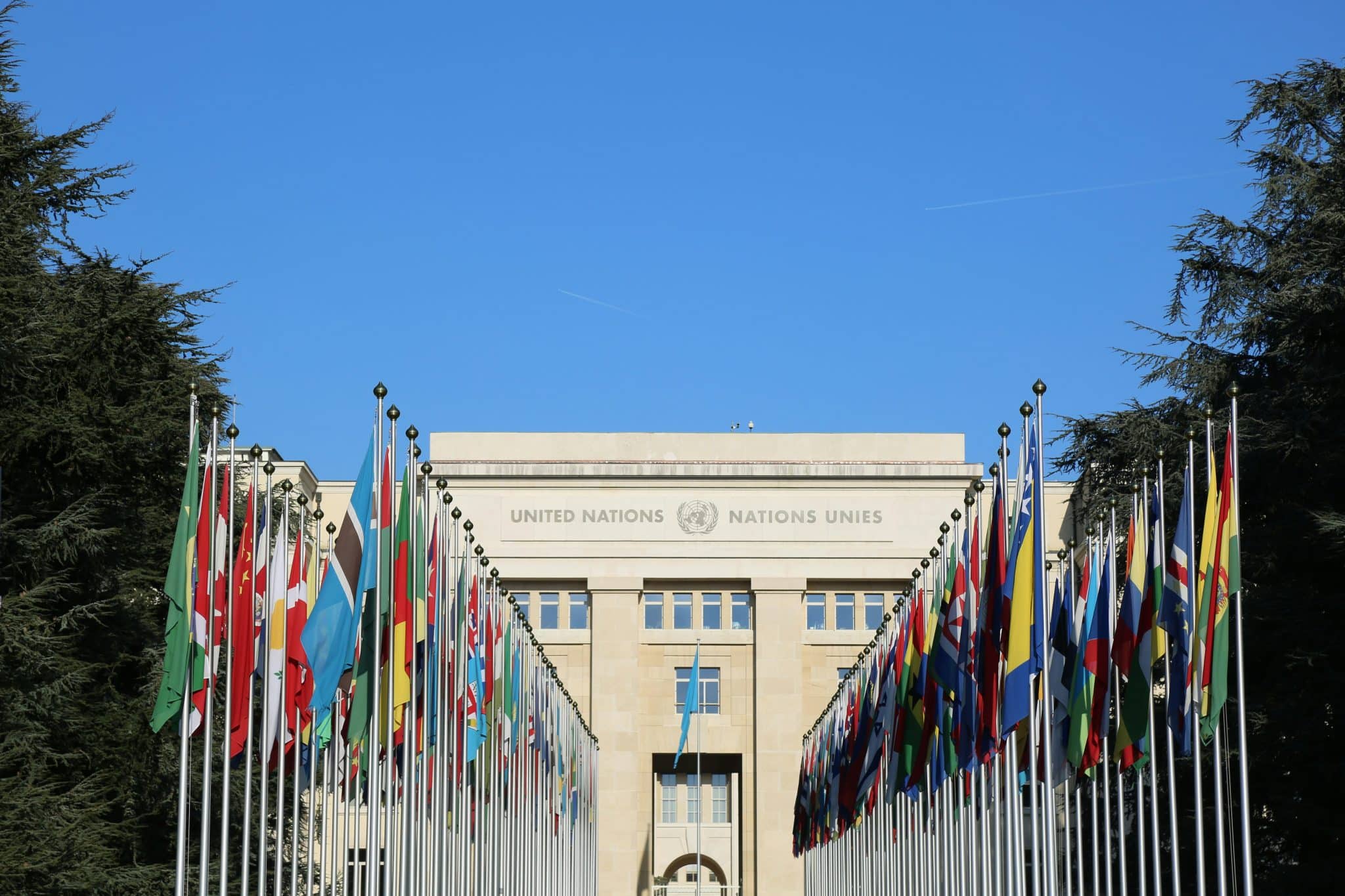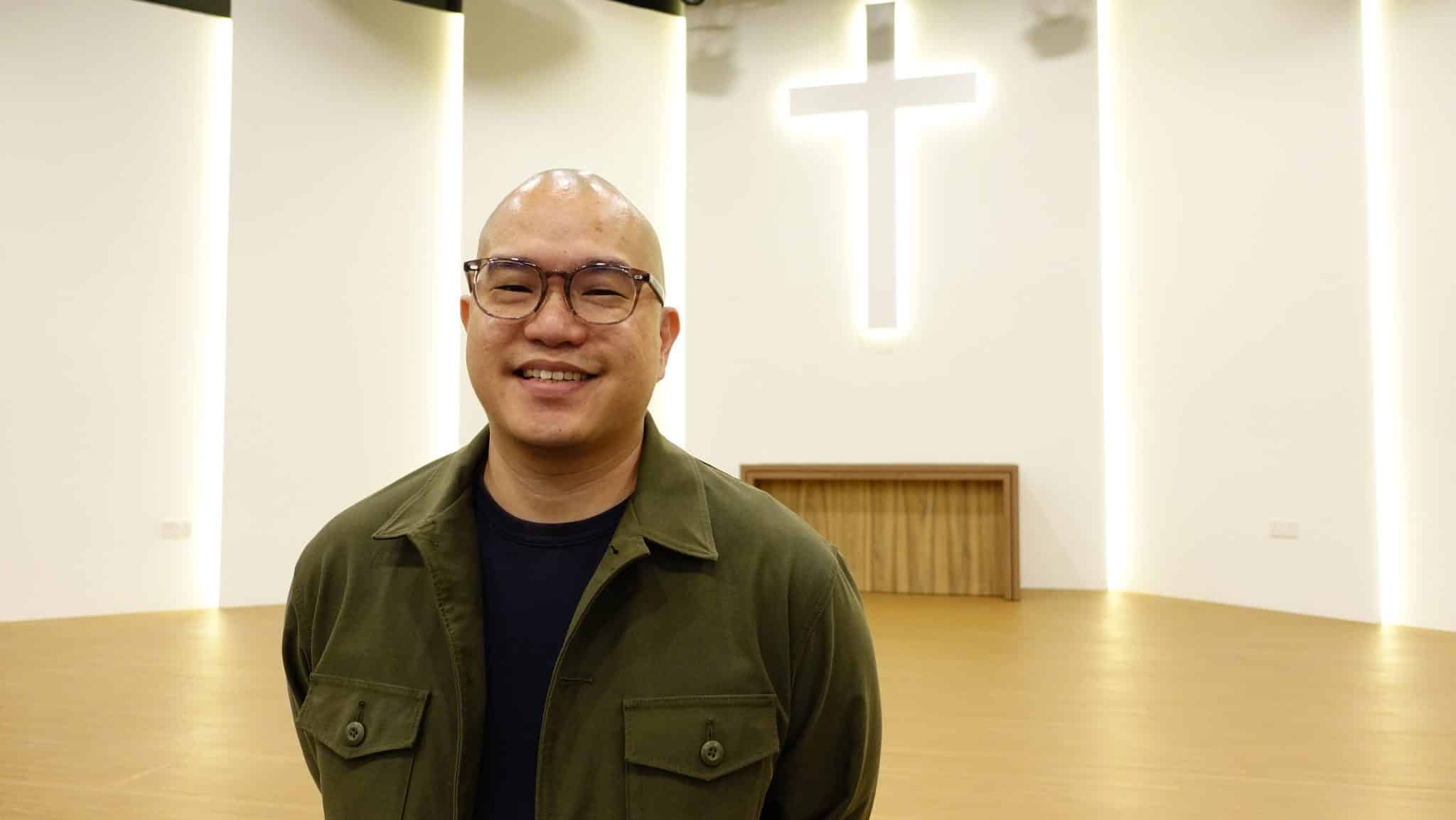Serving God in another culture: A missionary contemplates his “weird and wonderful” life
Dr Maxwell Xian // August 26, 2019, 6:34 pm
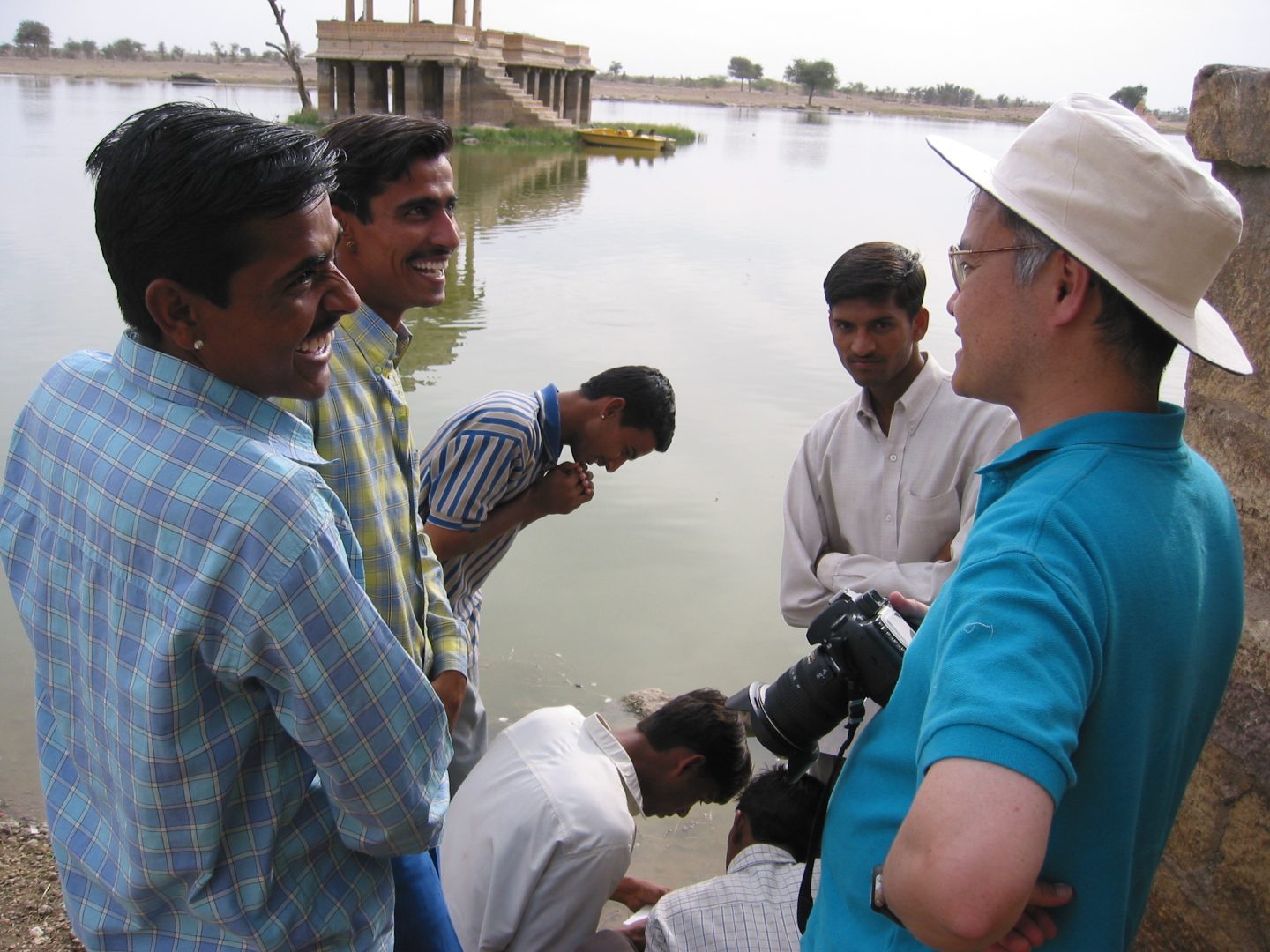
"Most people view missions as a loss of pleasures and life choices, but we have the pleasure of living a life which we feel is part of our destiny," said Dr Maxwell Xian. All photos courtesy of Dr Maxwell XIan.
Do I regret being a missionary?
I have sometimes pondered this question and this very odd vocation we have.
We work in a profession but we do it because of what we feel God has spoken to us about serving him amidst another culture.
We live life between two nations, our kids growing up never fully fitting into one or the other.
The amount of travel as a family gives life an almost constant transience and we never get used to the regular goodbyes.
We miss our families and friends tremendously, but we have adopted families in several countries which are an equally special part of our life.
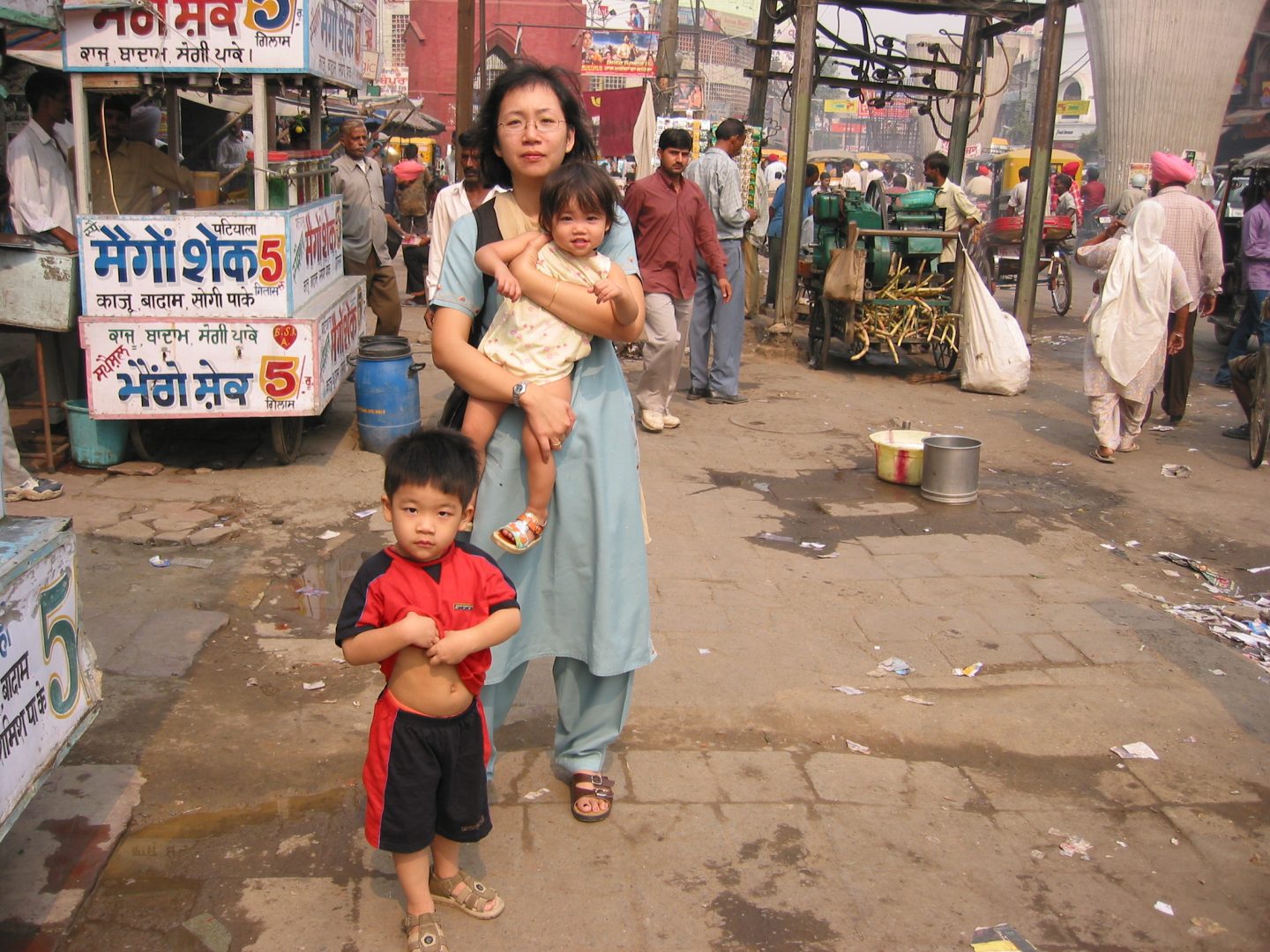
“The children have loved living in different countries,” said Dr Xian.
When we are in one country, we miss the other, and so we feel a little like a fish out of water in every country.
This is an odd life, yet it is one of the most satisfying you can have.
“Why are you here?”
Before we served in India, Ruth worked as an architect who was passionate about designing domestic dwellings and I worked for 15 years as an engineer in the automotive industry.
The idea of a missionary is either an outdated mystery which has to be explained, or one that seems plain odd.
Yet, after living and serving God in India, we would not go back to that for anything.
For many people – Christian and non-Christian alike – when I tell them about my job, there is visible surprise on their face.
The idea of a missionary is either an outdated mystery which has to be explained, or one that seems plain odd (weird, strange, impulsive, fanatical – pick any word you like).
It may even not be socially acceptable or politically correct in a world where relativism abounds.
This is not the normal career option discussed at “Careers Night” in secondary school and some pastors have even confided in me that they feel guilty calling the younger generation to such “sacrificial lives”.
We miss our families and friends, but we have adopted families which are an equally special part of our life.
Even the people we meet in India, if they are not saying it, they are thinking the same thing: “Why would a person come here to live and do business here when we want to go overseas to the same thing?”
I know because every now and then some bold individual would ask us this question: “Why are you here?”
The dream of so many Indians is to migrate to a better life outside India and those who can find a way to leave, do so.
So for a person to come here with their family, from one of the most beautiful countries in the world, to live in dirty, crowded, chaotic, corrupt India … well, that’s weird too.
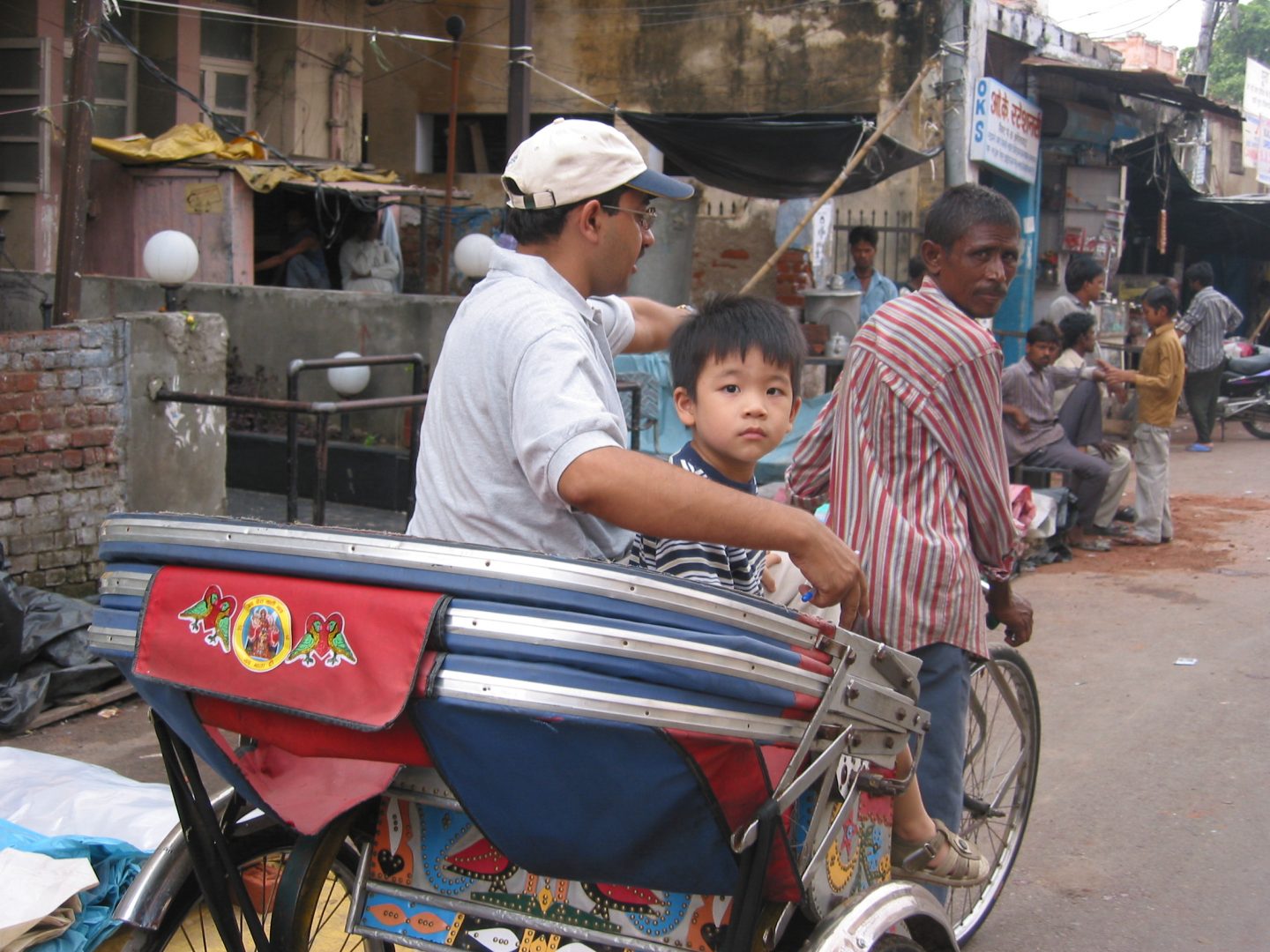
“We became missionaries because we felt God wanted us to bring His love to people who did not have the means of knowing it,” said Dr Xian, whose family has been called to serve in North India.
And the corollary to the first question is: “What about your kids? Are they missing out?”
This is a much bigger discussion, but I can say my three children have lived incredibly rich lives. They do live as global citizens, and sometimes the regular transitions are things they have had to cope with, but they have loved living in different countries.
Living our destiny
For us, India did not lure us for the sea change. Neither did we do it for the business opportunities, life-style or cultural experience.
We became missionaries because we felt God wanted us to bring His love to people who did not have the means of knowing it.
Christians dub it “a call” – something that sounds a little mystical – but, put simply, it is a deep knowledge that God has asked us to do this for Him.
Obedience can be confusing, but it is the best place in the world to be.
Really? Surely God does not ask us to give up the “basics” of what we need to live life? Basics like tap water you can drink without getting sick, constant electricity, reasonable temperatures in summer, and policemen who do not ask for bribes?
Obedience can be confusing, but it is the best place in the world to be.
“Take up your cross and follow me” was a very radical way for Jesus to make the call to be His disciple.
In today’s marketing savvy world, we would be inclined to point out the benefits more than the cost, use words like “follow your passion” rather than “die to yourself”. He is our Lord, we were bought with a price, and He knows the best life for us.
All this is my way of saying the life of a missionary is complex but incredibly satisfying.
Most people view it as a loss of pleasures and life choices, but we have the pleasure of living a life which we feel is part of our destiny.
And whether you call it “a call of God”, “our destiny” or “our passion in life”, it has made our last 15 years of life like an exhilarating roller coaster ride: We have had incredible pleasures, genuine struggles, regular frustrations, and a life that has been rich beyond compare.
The Bible mandate to “go and make disciples” for Him of all nations does not have a caveat which says we only need to do it only when it is convenient, or when our life-choices are not affected.
Obedience is simple. Jesus simply said to go and make disciples of all nations and, for us, His finger pointed to North India.
Serving God in another culture: A missionary contemplates his “weird and wonderful” life
We are an independent, non-profit organisation that relies on the generosity of our readers, such as yourself, to continue serving the kingdom. Every dollar donated goes directly back into our editorial coverage.
Would you consider partnering with us in our kingdom work by supporting us financially, either as a one-off donation, or a recurring pledge?
Support Salt&Light
